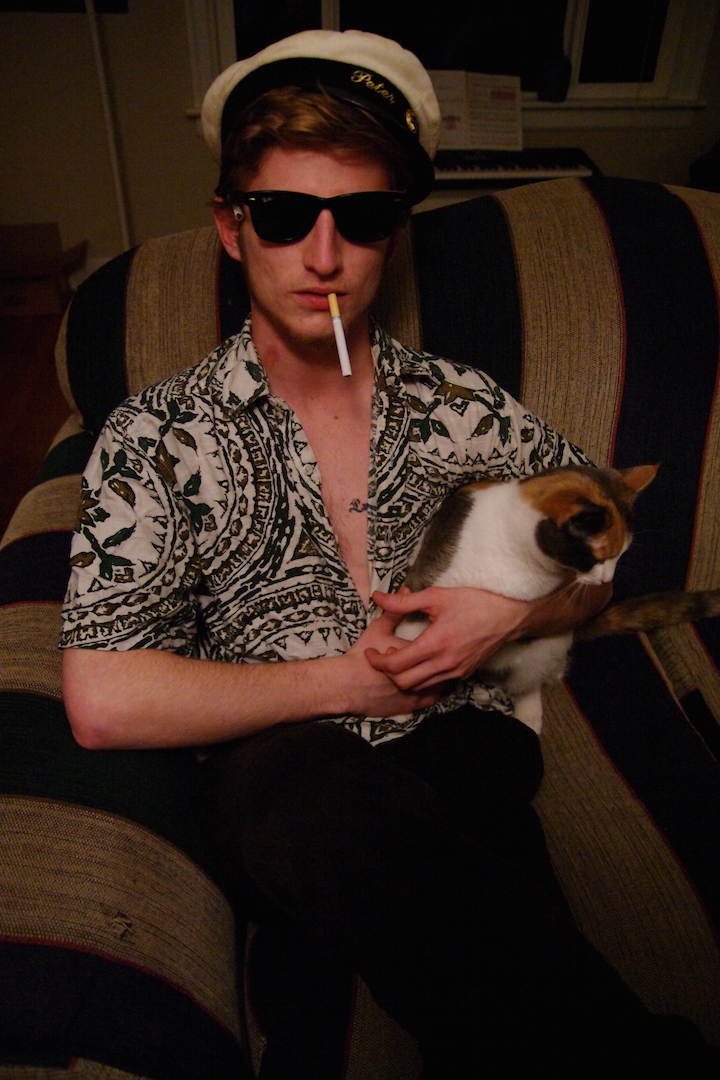This Week: “My Sound Collection” with Ali McGrath, Wednesdays at 11 a.m.
If you want a music recommendation or something new to listen to, Ali McGrath from “My Sound Collection” is the woman to talk to. She has a tendency to suggest music she thinks you will like. Soon enough a mix CD will be in your campus mailbox with a few off-the-wall artists, a few go-to bands and at least one or two songs by The Books.
Researching song meanings and listening to lyrics is McGrath’s form of procrastination: tidbits and facts accompany every song. She also likes to include an explanation of her personal relationship with each song. Her air-time babbling may be the most controversial aspect of the show only because it has the potential to interfere with the audience’s own reaction.
On the flip side, McGrath carefully chooses each song. It is clear from listening to her talk about her choices that the songs appeal to her musically and emotionally.
“My Sound Collection” tries to focus on so-called ‘bedroom pop,’ home recordings. Singer-songwriter type of alternative music is what first comes to mind. However, that idea, at least this last time, was interrupted by ‘lo-fi.’ Lo-fi, for those of you who have been listening to solo banjo records for far too long and are unfamiliar with the style, is a class of music that includes sound distortion, audio clips and low technology sampling. So ‘lo-fi’ does relate somewhat to bedroom pop in the way it is produced, but the sound is much more synthesized.
The result of these two kinds of music together is a mixed show of kooky sounding technologically modified rock like The Books (McGrath admitted on-air that she wanted her audience to discover a new-found appreciation for them because she plays them often). Soon following that was an off-the-wall recording of The Tallest Man on Earth.
Which brings us to the risks that McGrath takes during her show: she is not afraid to play mainstream music (sorry everyone, still no One Direction). This week’s show included The Avett Brothers and started with Bon Iver. Granted, the latter recording was an iTunes session attempting to recreate festival versions of his songs, so the version was new, but the artist is better known than any real hipster would like to admit.
The other risk McGrath takes is in being so personable over the airwaves. She shares a lot of her own connections with songs, whether for their lyrical content or memory-inducing sound waves. She talks to the microphone in the empty studio as if her friends from Asheville, N.C. are on the other side, glued to every word.
Indeed, the influences she has picked up from way over yonder are apparent in the show. Many of her stories revolve around attending concerts in the South. She has a sort of southern flair you can pick up by her incessant cheery blabber, her love of folk, Sally Ford and this one record store she mentioned several times in North Carolina.
This may be a generalization, but many DJs refuse to play artists that are too well known because they are “overplayed.” McGrath looks for new ways to bring these artists back to the KUPS airwaves. Other DJs are tentative to say too much on air for fear of rambling, whereas McGrath takes music education and connectivity to another level. Tumbled into the show’s mix is the admittedly difficult-to-get-into lo-fi genre and a wide gamut of other bands and artists that could tickle anyone’s fancy.




